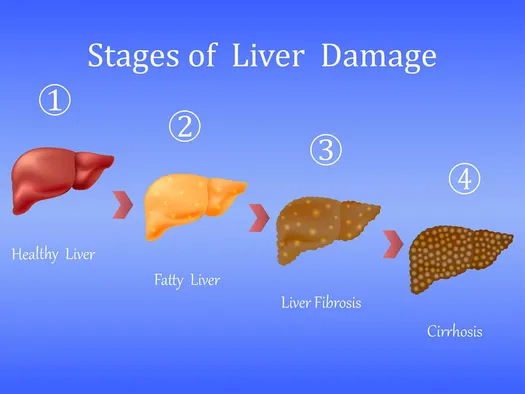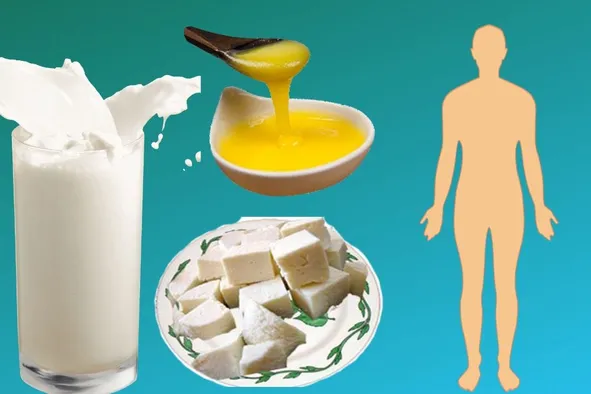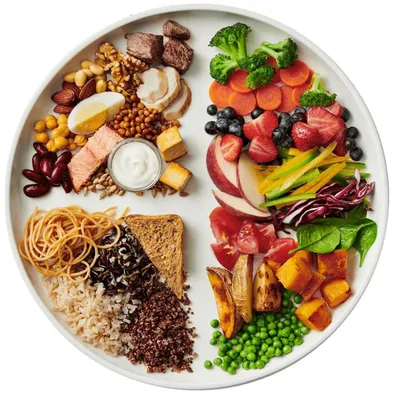Welcome to another edition of MedChunk’s Health Bulletin where we strive to make health topics easy to understand. In today’s edition, we’ll explore whether the liver can repair itself.
Your liver is the largest solid organ in your body. The location of the liver is mostly in the right upper part of the abdomen, just below the diaphragm. If 50 to 60 percent of liver cells are killed within three to four days in an extreme case such as a Tylenol overdose, the liver will fully recover after 30 days with no complications. How cool is that!!!
A part of the liver also goes to the left upper abdomen. On average, a liver weighs about 3 pounds and is roughly the size of a football. This organ is important for the body’s metabolic functions and the immune system. A person cannot survive without a functioning liver

Under normal circumstances, the liver is located under the ribs on the right side of the body. In a condition called situs inversus, the liver is located on the left side. The liver is an essential organ, performing hundreds of functions necessary to sustain life. It is also a gland because it makes proteins and hormones that are needed by other parts of the body.
Role of a liver:
The liver has hundreds of jobs. Some of the most vital are:
- Cleans toxins out of the blood.
- Gets rid of old RBC.
- Stores glycogen to be used by the body later.
- Metabolizes proteins, carbohydrates, and fats so your body can use them.
- Produces substances to help blood clot.
- Makes bile, a fluid that helps the body digest (break down) food.
- Regulates the amount of blood in the body.
What are the symptoms of liver problems?
High levels of bilirubin indicate a possible problem with the liver. When a person has liver problems, one of the most common symptoms is jaundice. With jaundice, the skin turns yellow due to an excess of bilirubin in the blood. Bilirubin is a yellow waste product that the liver gets rid of when it breaks down red blood cells.
Other symptoms of liver problems may include:
- Itchy skin.
- Tremors
- Easy bruising.
- Confusion
- Low blood pressure.
- Pain in the abdomen.
- Swelling in the legs or ankles.
- Ascites.
- Weakness, loss of balance, or constant fatigue.
- Loss of orientation
How to reverse this damage?

Complications of liver disease occur when regeneration is either incomplete or prevented by the progressive development of scar tissue within the liver. But the Liver is the only organ in the body that is able to regenerate. With most organs, such as the heart, the damaged tissue is replaced with scars, like on the skin. The liver, however, is able to replace damaged tissue with new cells.
Some medications can place an extra strain on your liver. Some examples of these include:
Acetaminophen (Tylenol)
Paracetamol, also known as acetaminophen, is a medication used to treat fever and mild to moderate pain.
You can help ease the stress on your liver by only taking these medications when it’s absolutely necessary. If you do take them, carefully follow all dosing instructions and avoid taking them in combination with alcohol.
Weight loss
Obesity can increase your risk of NAFLD, a condition where excess fat builds up in your liver. This can lead to liver damage and inflammation, which can affect your liver’s ability to function. One way to help lower your risk of NAFLD is to focus on maintaining a healthy weight.
Some of the best strategies are:
- Stay physically active
- Eat right
- Limit alcohol consumption
- Exercise
- Eat appropriate portion sizes
Your doctor can work with you to help ease the strain on your liver. This typically involves a gradual weight loss program along with dietary changes.
Diet modification
Liver friendly diet includes:

- Drink Black Coffee
- Consume fish oil
- Get sufficient fiber from sources like whole grains as well as fresh fruits and vegetables
- Choose lean protein sources
- Reduce intake of foods that are high in sugars
- Avoid unhealthy fats
- Limit your intake of processed foods
- Avoid raw or undercooked shellfish
- Drink plenty of water each day to stay hydrated
I hope you have got a lot of information about the liver from this article. I write articles on health every day. Please share this article with your friends.

